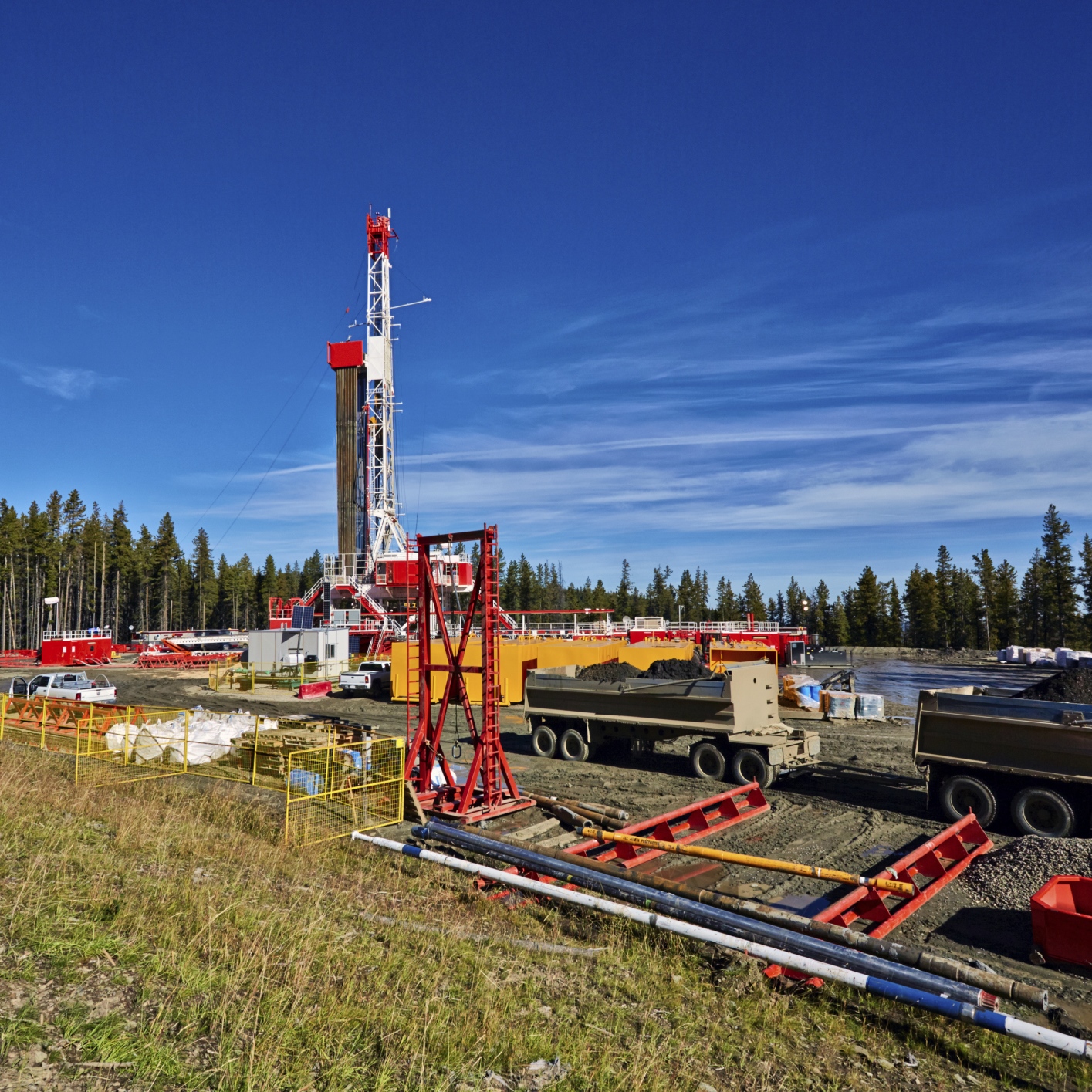Energy
Denbury Resources Posts Quarterly Loss, Cuts 2016 Capex by Half

Published:
Last Updated:

Denbury Resources Inc. (NYSE: DNR) reported fourth-quarter and full-year 2015 results before markets opened Thursday. For the quarter, the oil and gas production company posted an adjusted diluted net loss per share of $0.01 on revenues of $344 million. In the same period a year ago, the company reported earnings per share (EPS) of $0.27 on revenues of $483.68 million. Fourth-quarter results also compare to the Thomson Reuters consensus estimates for EPS of $0.01 on revenues of $335.38 million.
For the full year, Denbury posted EPS of $0.37 and revenues of $2.42 billion. In 2014 the company posted $1.04 EPS and revenues of $2.44 billion. Analysts were expecting EPS of $0.39 and revenues of $1.32 billion.
On a GAAP basis, the company’s net loss for the year totaled $4.385 billion, which included a pretax write-down of $4.9 billion on its oil and gas properties, a $1.3 billion goodwill impairment and a non-cash loss of $364 million on fair value adjustments to commodity derivatives.
Regarding its plans for 2016, the company said it plans capital spending of approximately $200 million, less than half 2015 levels “to more closely match the Company’s estimated cash flow from operations.” Production is expected to range from 64,000 to 68,000 barrels of oil equivalent per day, down 12% from 2015 levels. Denbury attributes about 60% of the drop to natural decline and the rest to production shut-in for economic reasons.
Low crude oil prices have had a sharp negative impact on Denbury’s proved reserves. At the end of 2015 the company said its proved reserves totaled 289 million barrels of oil equivalent, down from 438 million barrels at the end of 2014. Because proved reserves are estimated on the number of barrels that can be extracted at current economics, 40% of the company’s drop in proved reserves was due to price changes.
CEO Phil Rykhoek said:
During 2015, we generated over $390 million of excess cash flow after incurred development capital expenditures and dividends, part of which was due to our cost reduction efforts. We used $220 million of this cash flow to reduce our bank debt to $175 million at year-end, leaving us with well over a billion dollars of current liquidity. We also recently modified our bank loan agreement to enable us to comply with our bank debt financial maintenance covenants through the end of 2017, assuming current strip pricing. Lastly, we have recently entered into additional hedges for the second half of 2016 and first quarter of 2017 to further protect our liquidity. We now have hedges covering an average of 27,000 barrels of oil per day (“Bbls/d”) in the third and fourth quarters at an average price of $40.66 per barrel. While we believe oil prices will ultimately improve, we are taking steps to ensure we have liquidity and resources to weather this storm.
Denbury’s shares traded down about 7.3% in Thursday’s premarket, at $1.02 in a 52-week range of $0.86 to $9.53. Thomson Reuters had a consensus analyst price target of $2.19 before the report.
Credit card companies are pulling out all the stops, with the issuers are offering insane travel rewards and perks.
We’re talking huge sign-up bonuses, points on every purchase, and benefits like lounge access, travel credits, and free hotel nights. For travelers, these rewards can add up to thousands of dollars in flights, upgrades, and luxury experiences every year.
It’s like getting paid to travel — and it’s available to qualified borrowers who know where to look.
We’ve rounded up some of the best travel credit cards on the market. Click here to see the list. Don’t miss these offers — they won’t be this good forever.
Thank you for reading! Have some feedback for us?
Contact the 24/7 Wall St. editorial team.